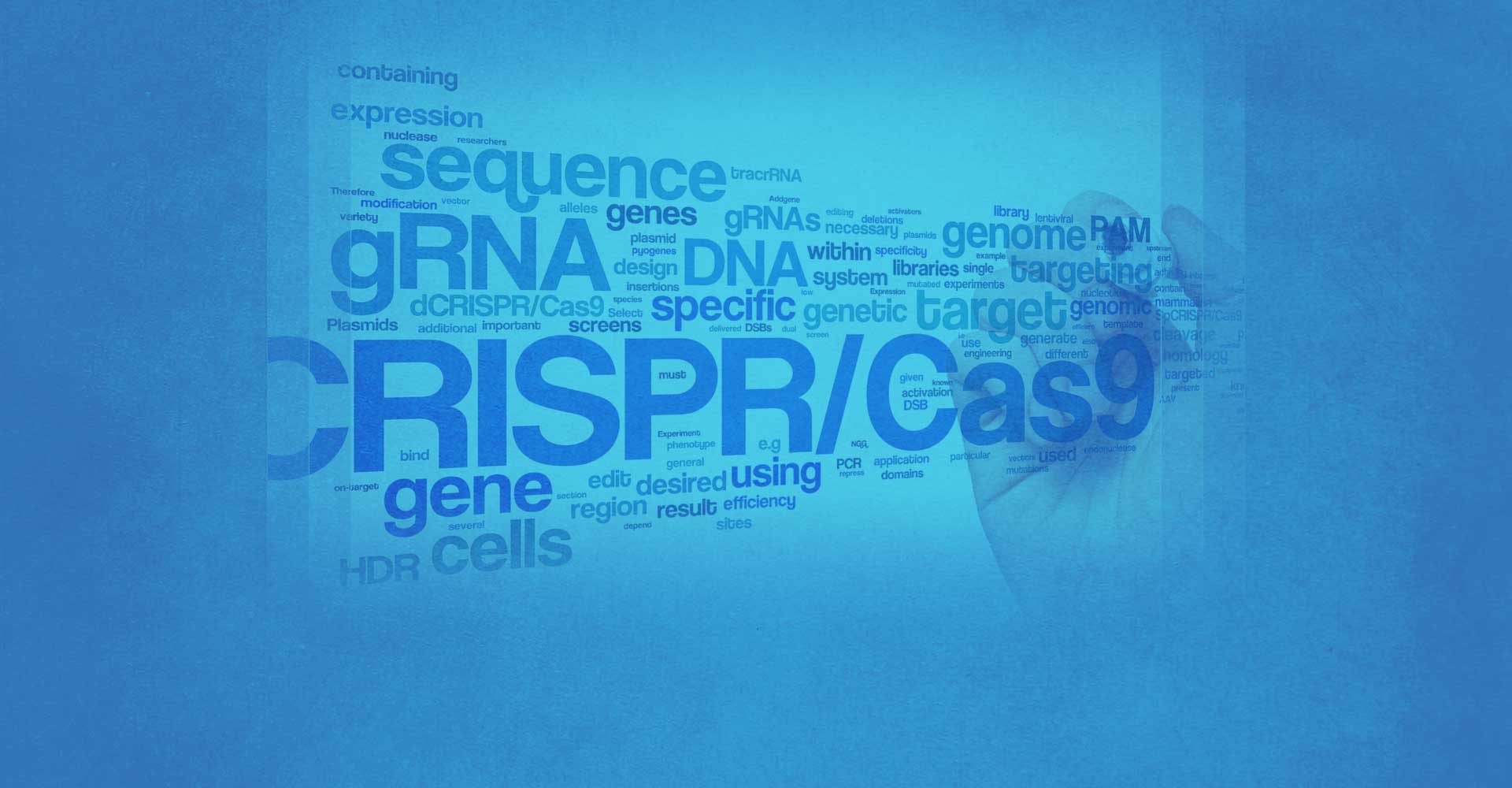PolyGene is a strong biotech partner in EU projects.
We are an active contributor to research and development within the European Union frameworks
- to push forward PolyGene’s in-house research and innovation endeavours
- to establish new state-of-the-art technologies
- to generate new products for the biotechnology and pharmaceutical industry (e.g. animal models of human disease)
PolyGene is a leading partner in the following EU projects:
- SwitchItOn
SwitchItOn is a 3-year project funded by the EUREKA framework, aiming the development of novel genomic switches. Our consortium consists of four research groups, coming from different scientific backgrounds all over Europe. All of us are enthusiastic researchers visioning a future in which the genomic switches as a major toolkit, will assist in genetic disease ...
» read more - EUTrigTreat
Electrical heart disease leading to arrhythmias represents a major public health issue because it increases the risk for sudden cardiac death. The EUTrigTreat project investigates arrhythmia initiating mechanisms (Triggers) and addresses therapeutic strategies (Treatments) through translational and interdisciplinary strategies. The multidisciplinary research team of this large-scale collaborative excellence project set out to elucidate molecular and ...
» read more - CAM-PaC
The overall aim of CAM-PaC is to use a strongly SME-driven approach to contribute to solving the socioeconomic and health challenges of pancreatic ductal adenocarcinoma by an integrative and systematic functional analysis of pancreatic cancer candidate genes pre-selected and pre-characterised by members of the consortium in previous and ongoing HT-omics approaches.
CAM-PaC develops novel cellular and ...
» read more - TumAdoR
The focus of the TumAdoR consortium is the development of human therapeutic monoclonal antibodies efficiently neutralizing a novel immunosuppressive pathway involved in a wide range of cancers. The project is based on studies that demonstrated a causative correlation of overexpression of CD73 with tumor proliferation and dissemination in numerous cancer types, by catalyzing high levels ...
» read more - SYBIL
Skeletal diseases range from a large and diverse group of rare monogenic diseases (such as chondrodysplasias) to highly prevalent but genetically complex diseases such as osteoarthritis (OA) and osteoporosis (OP). The overall concept of this FP7-funded project is to study the genetic causes of both rare and common skeletal diseases in order to gain a ...
» read more



